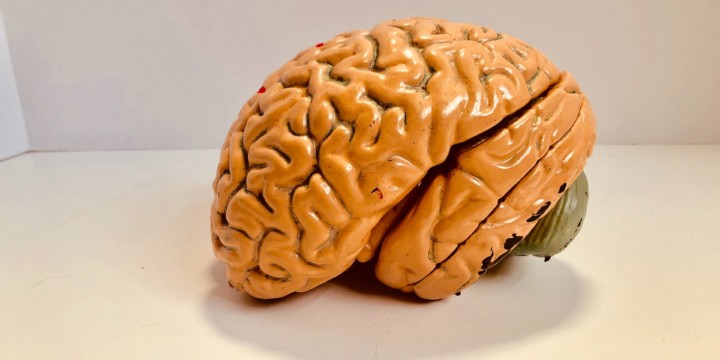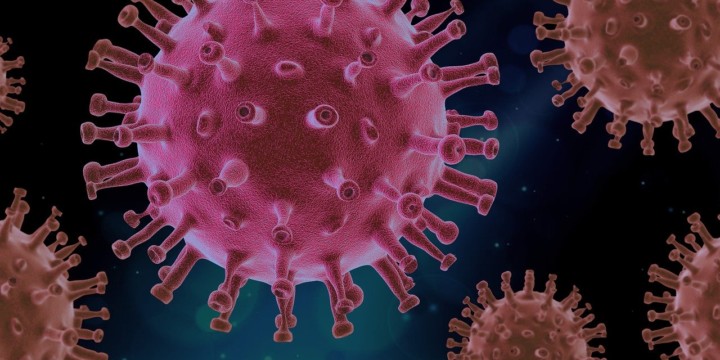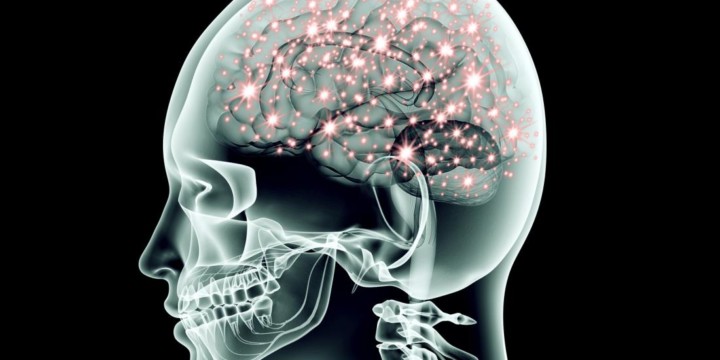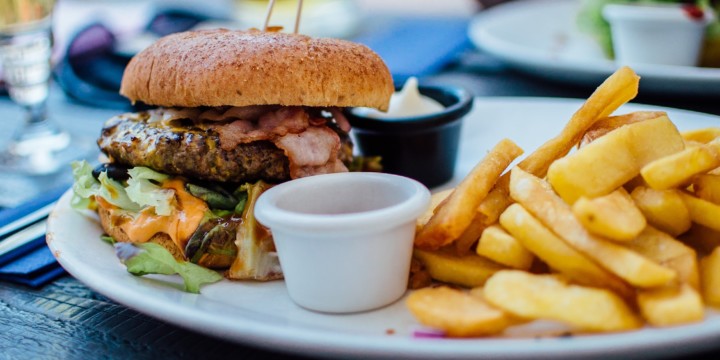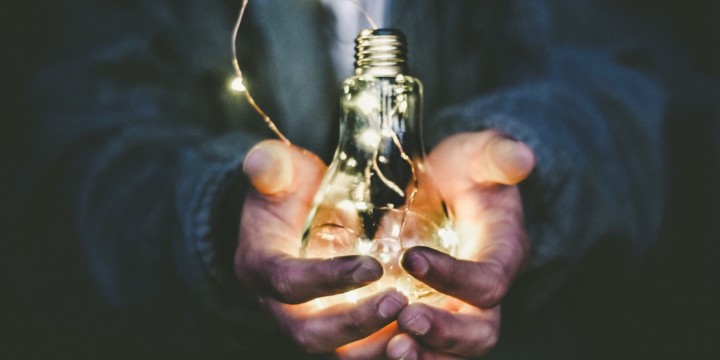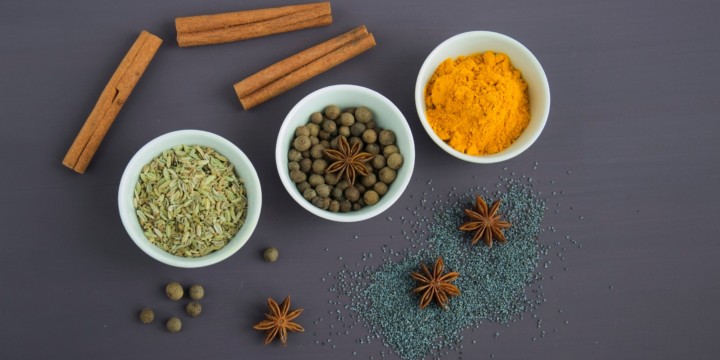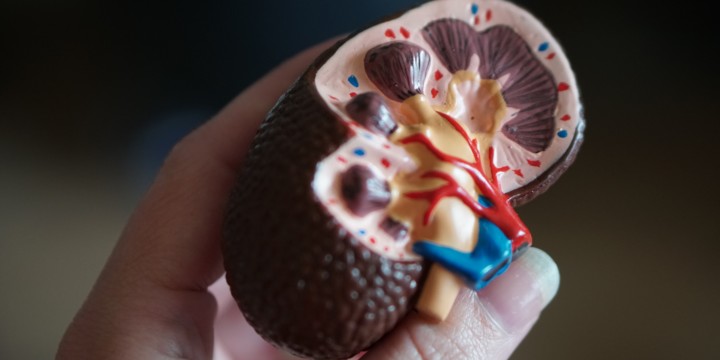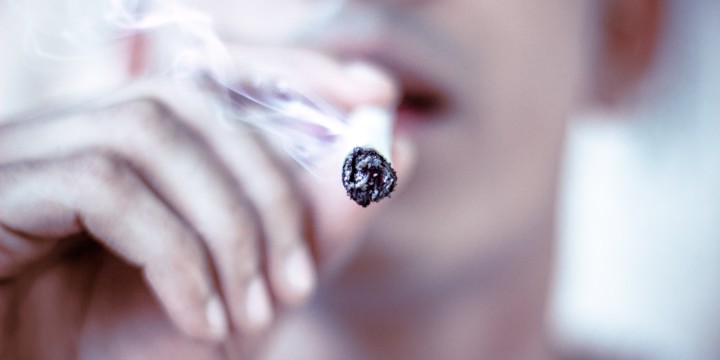Physiology of Short-term Memory loss
Short-term memory is the information that the person is currently thinking or is aware of. Recent events and sensory data such as sound, image and smell are stored in short-term memory. Short term memory often encompasses events over a period anywhere from 30 seconds to several days. When a person experiences short-term memory loss, he or she can remember incidence from about 10 years back but fails to provide details on things that happen a few minutes prior. Most movie stories revolve around short-term memory loss. While such sudden, profound loss of memory is rare. Most of us would have experienced this but it becomes as a disease only when this interferes without routine activities.
Causes
- Ageing causes the brain to become less efficient over time and is one of the most common causes of short-term memory loss
- Alcohol, tobacco and drug abuse are the most common causes of short-term memory loss. Smoking reduces the amount of oxygen that gets to the brain, causing an oxidative stress and impairing memory.
- Certain medications such as tranquilizers, antidepressants, antihistamines, muscle relaxants and pain medications are given post surgery are the second common cause. Most of these medications are consumed without a prescription and available over the counter, an overdose of these can cause serious health hazards.
- High-quality protein and fats are essential for normal functioning of the brain. Deficiency in vitamin B1 and B12 have been reported to affect memory
- Stroke hampered the blood supply to the brain due to blockage of blood vessels in the brain or leakage of a vessel into the brain depriving the neuronal tissue of oxygen and nutrients resulting in vivid memories of childhood events but unable to recall events of daily activities.
- A brain tumour or infections, epilepsy, Parkinsonism, menopause, hypothyroidism, diabetes, heart surgery, stress-related disorders and depression can also cause short-term memory loss
Symptoms of Short-term Memory-loss
- Difficulty in recalling recent events related to daily activities
- Misplacing objects, difficulty in framing a sentence, calling the wrong name for people who we know very well
- Loss of consciousness
- Numbness or tingling sensation of part of a body or limbs
- Fever, fatigue and loss of interest
Treatment in Allopathy
As such, there is no treatment for short-term memory loss, once the cause of is identified and treated, memory recovers on its own or with the help from the psychotherapist.
Ayurveda and short-term memory loss
Nerve cells of the brain are of kapha nature and vitiation of kapha and aggravation of vata dosha causes short-term memory loss.
Ayurvedic treatment of short-term memory loss
The treatment in Ayurveda focuses on balancing the doshas, detoxing the body, and strengthening the nervous system. Food is used as a form of medicine.
Ayurvedic Therapies
Shirodhara– It is used to treat disorders affecting the nervous system. A thin stream of liquid, mostly oil is poured over the forehead. When the oil is poured continuously, it causes vibration in the forehead, which allows our mind and nervous system to experience a deep state of mental rest. The feeling is almost similar to that of meditation.
Shirolepa– It is very effective in treating short-term memory loss, consists of the application of herbal pastes made of sandalwood, camphor, jatamansi.
Kavala graham– Oil pulling is very effective for various ailments relating to the nervous system and has a detoxifying effect. Mahanarayana taila is used for this purpose.
Diet Modifications
- Canned food, fast food, food containing dyes and preservative worsens the condition
- Consume organically grown and freshly cooked food
- 3 meals of the day should contain protein, carbohydrate, vegetables and fruits, skipping the meal should be avoided.
- Tapioca, sweet potato, carrot, beetroot, spinach, almonds, walnuts, ghee and milk are known to be helpful in improving memory. Inclusion of healthy fats is a must for correcting short-term memory loss.
Lifestyle modifications
- Manage stress and anxiety by practising yoga, pranayama and meditation which not only calms the mind but also improves memory
- Regular walks improve circulation and improve oxygenation of the brain and promoting better memory
- Indulge in brain exercises such as solving puzzles, playing cards and number games
- Make a habit of writing down important information and go through it often, this will register the information stronger and improve the memorising capacity
- Recall day’s events before going to bed, this works as a brain exercise and improves memory
- Alcohol, drugs and smoking may give a temporary high but the downfall will be very painful for life and damages the health of the brain
Ayurvedic herbs
- Brahmi is the most recommended herb in Ayurveda to treat memory loss. Brahmi powder taken with milk at bedtime regularly improves memory and concentration. Brahmi is the main constituent in most of the memory boosting supplements
- Ashwagandha is used to improve fatigue and to support healthy memory and strengthen the nervous system
- Shankhapushpi is said to have mystical properties. This herb is especially useful for mental peace and tranquillity; often prepared with ghee it promotes serenity without diluting the mind. It is usually combined with Brahmi and licorice and used as a brain tonic.
- Jatamansi and Bhringraj are also beneficial in calming the mind, bestowing a sound sleep and improving one’s memory.
Yoga and Pranayama
Short-term memory loss can be daunting and embarrassing; in such situations, yoga helps to overcome this improving the quality of life. Some of postures that relax the mind, increase blood supply to the brain, improve memory, concentration and coordination are given below:
Bakasana (crane pose),
Padmasana (lotus pose),
Sarvangasana (shoulder stand pose),
Halasana (plough pose),
Padahastasana (standing forward bend)
Pranayama
Bhramari pranayama, Ujjayi pranayama and Nadi shodhana pranayama releases negativity, reduces anxiety and fear, improves concentration and memory, thus boosting one’s confidence.
Naturopathy and short-term memory loss
According to naturopathy short-term memory loss and a lazy mind go hand in hand and this is encountered often as the aging progresses. Naturopath suggests an active lifestyle and a healthy diet to keep your brain young for longer time.
Naturopathic treatment of short term memory loss
Detox with a warm glass of water mixed with a spoon of apple cider vinegar, sea salt and ginger powder before breakfast, followed by a light breakfast. Repeat this before a light lunch and sip around 4 litres of water through the day. This detox is especially recommended to improve brain function.
Diet Modification
Eat plenty of superfoods that increase brain power such as blueberries, blackberries, strawberries, apple, almonds, walnuts, spinach, coffee, salmon, honey, avocados, and broccoli. It is important to include omega 3 fatty acids and healthy fats such as flax seeds, fish, butter, ghee, coconut oil, and avocados in your diet. Since brain is mostly made of cholesterol and fats, their adequate consumption keeps the brain from shrinking and help in neurogenesis.
Lifestyle modifications
- Substance abuse in any form is injurious to health and the brain is no different. Complete abstinence from any substance abuse is advised.
- Stress tenses the brain and focuses on unnecessary things that strain the brain. Relax and indulge in relaxation therapy that promotes a healthy body and mind
- Regular sleep is great for strengthening concentration and memory
- Socialize regularly to stay active
- Indulge in yoga, pranayama and Chita meditation to improve memory loss
- Vitamin supplement ensures that the brain is well nourished
- Mind games like puzzles keep the brain active and stimulated
Botanical herbs
- Ginkgo is a popular ancient Chinese herb with vast health benefits. Ginkgo biloba leaf extracts are used as dietary supplements to improve memory and cognitive functions.
- Bacopa, Ginseng, and vinpocetine extracts improve memory and concentration power
- Blueberry and artichoke extracts rich in anthocyanins increase the efficacy of the neurons in the brain and mental acuity

